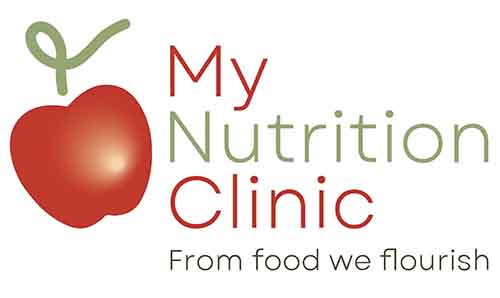Food intolerances, General Health, Gut Health
Gluten – dietary villain or innocent bystander?

Gluten – dietary villain or innocent bystander?
More than 20% of people claim to follow a gluten free or wheat free diet, although only 1% have coeliac disease. Coeliac disease is an autoimmune illness in which even a small deviation from a completely gluten free diet can provoke the body’s immune system to attack itself. This is a serious and lifelong ailment that necessitates the complete commitment to a gluten free diet.
In Australia, only 20% of those with coeliac disease have been identified; therefore, many people have the condition but are unaware of it. As a result, the other 80% of people with coeliac disease but don’t know it, may be going gluten free or wheat free because they have discovered that they feel better without it but don’t know why.
A simple blood test can rule out coeliac disease; however, you must have eaten 8-10g of gluten (equal to about 4 slices of bread) per day for 6-8 weeks prior to the test for it to provide an accurate result. The test looks for indicators that your body is reacting to gluten, which it can only do if you consume it on a regular basis. So, even if you have coeliac disease, you are more likely to receive a negative test result if you eat gluten free prior to your test.
If you are following a gluten free diet because you feel your gut and body feels better without it then gene testing can rule out coeliac disease. This can establish whether you are genetically predisposed to celiac disease. It has been estimated that 99.9% of people with coeliac disease have the genes HLA-DQ2 or HLA-DQ8 compared to around 30% of the general population. So if this genetic test is negative, you can rule out coeliac disease as the source of your problems with bread and other wheat based foods. If it is positive, you should see your doctor and a dietitian about how to complete the gluten challenge while feeling as well as possible.
In Australia, approximately half of those who avoid gluten claim they do it for overall health reasons. Now, I believe most dietitians would agree that a gluten-free diet is a challenging diet with potential hazards for your health. This is because, if you do not have coeliac disease or a true wheat allergy, a gluten free diet may pose a health risk due to an increased risk of nutritional deficiencies. Overall, research indicates that a gluten-free diet results in insufficient intakes of fibre, B vitamins, and micronutrients including iron and zinc. Aside from the nutritional deficiencies, a gluten free diet is extremely restrictive, which might raise the risk of disordered eating patterns and a negative relationship with food.
However, many people report feeling better after going gluten free. And some of that improvement comes from eating more gluten free whole foods like fruit, vegetables, and legumes (which are naturally gluten free), which improves the overall quality of someone’s diet. Most people feel better when they replace processed foods with nutritious foods and plant-based options.
Another reason people may feel better is a condition known as non-coeliac wheat sensitivity. According to some well-designed research, people’s gastrointestinal symptoms improved as a result of a reduction in dietary components found in the carbohydrate element of wheat that are known to irritate the gut. Recent small but high-quality trials found that removing a carbohydrate known as fructans from the diet relieved stomach symptoms, but not gluten.
Fructans are classified as FODMAPS (fermentable, oligosaccharides, disaccharides, monosaccharides, and polyols). Saccharides are essentially sugar or carbohydrate compounds. These are generally undigested in the body, fermenting in the small and large intestines. This causes additional wind (which can become stuck – ouch!) or draws water into your intestines (leading to frequent trips to the toilet and cramping).
Although research in this field is still in its early stages, there are some reports that wheat sensitivity may be involved in symptoms such as fatigue, headache, muscle discomfort, skin rashes, depression, and anaemia. Some theories suggest that in some people, wheat disrupts the intestinal barrier, causing inflammation in many regions of the body.
So the decision to go gluten free is not as simple as most people believe. There are hazards and obstacles associated with maintaining proper nutrition, and other dietary considerations should be considered before concluding that gluten is the cause of your symptoms. Gluten free does not eliminate FODMAPS or wheat, which may be the real culprit for some people. You do not have to make this decision on your own. Consult a dietitian who specialises in gut health, as well as your doctor, for advice and help to get you started.
